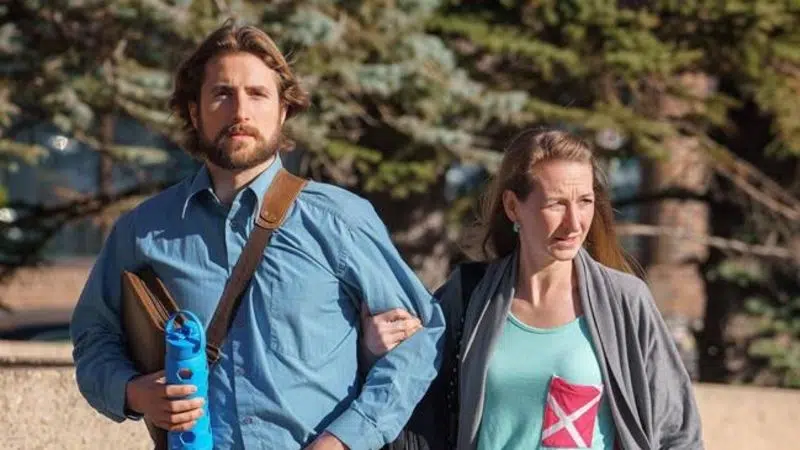
Expert says acquittal of Alberta parents in boy’s death unlikely to set precedent
CALGARY — A law professor says the acquittal of an Alberta couple in the death of their son isn’t likely to set a legal precedent but should open a conversation about parental responsibilities.
A judge in Lethbridge, Alta., found David and Collet Stephan not guilty Thursday of failing to provide the necessaries of life in the 2012 death of 19-month-old Ezekiel.
It was the second trial for the pair. A jury convicted them in 2016 but the Supreme Court of Canada overturned the ruling and ordered a new trial.
The Stephans testified they thought their son had croup and used herbal remedies to treat him. They believed he was recovering and called for an ambulance when he stopped breathing.

